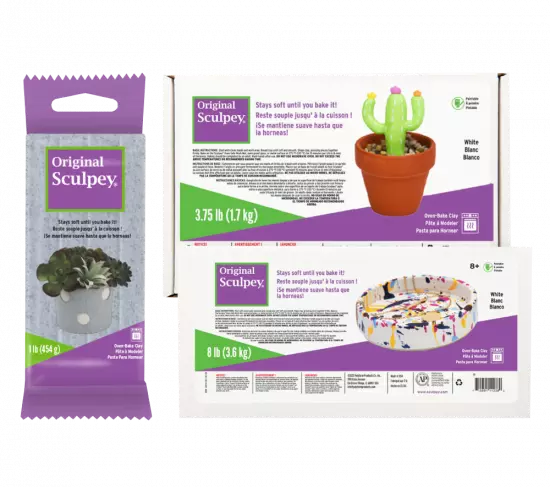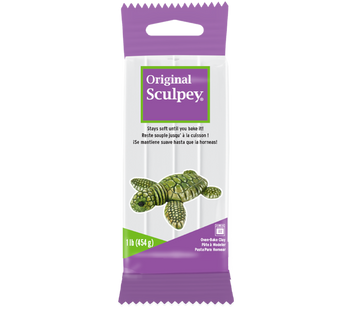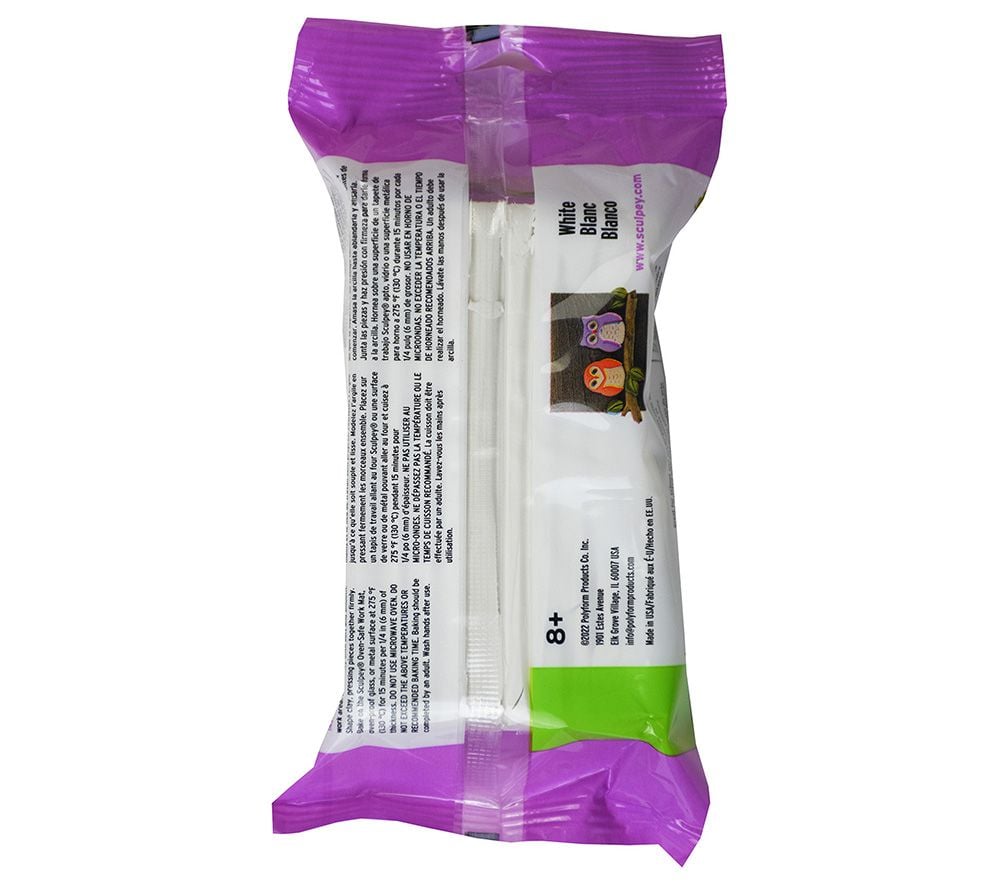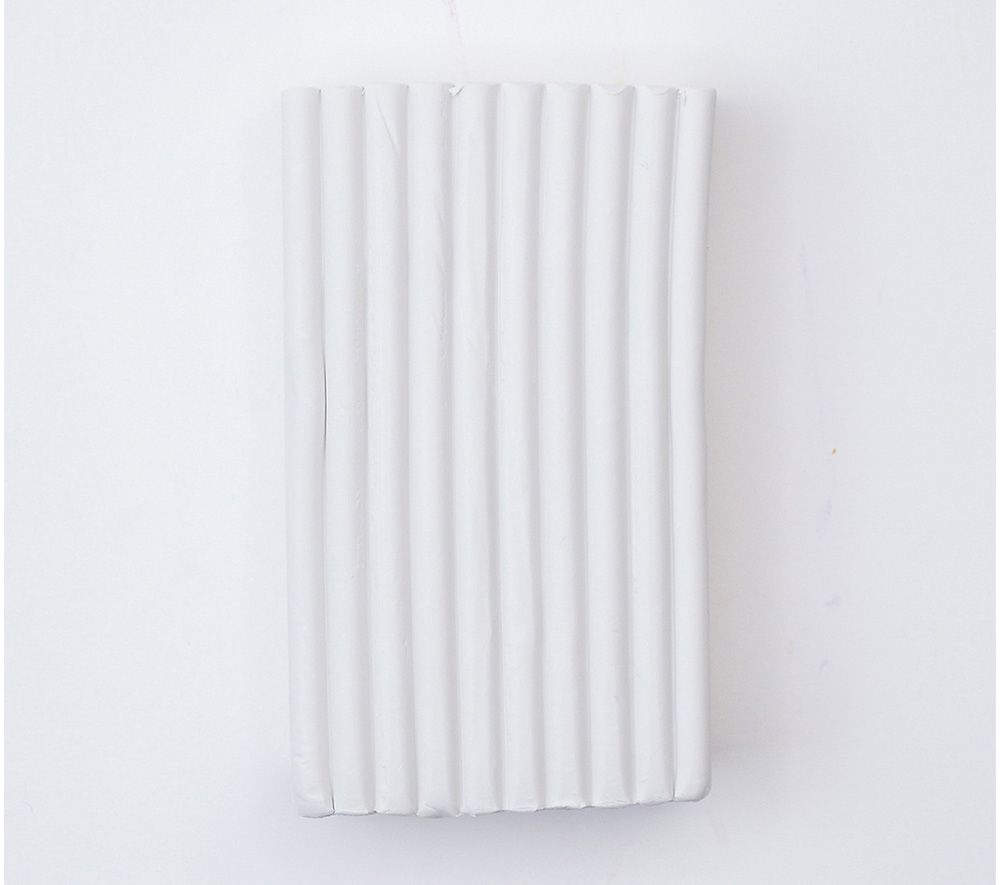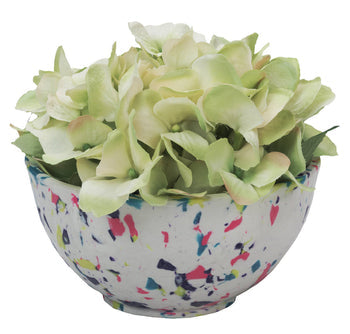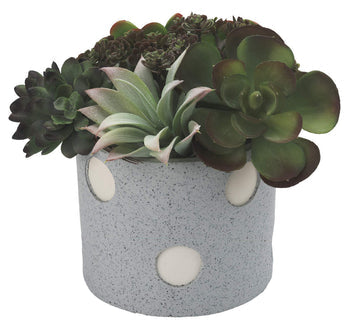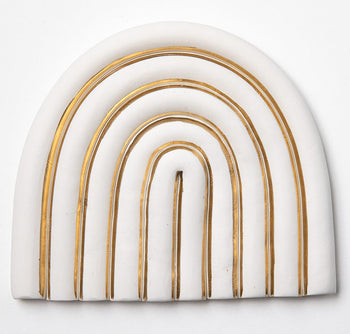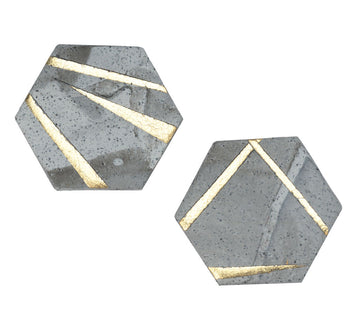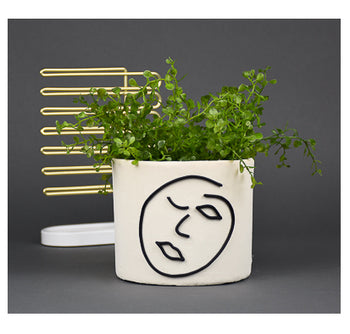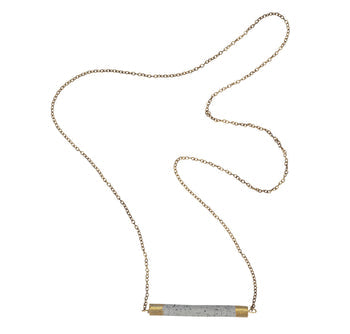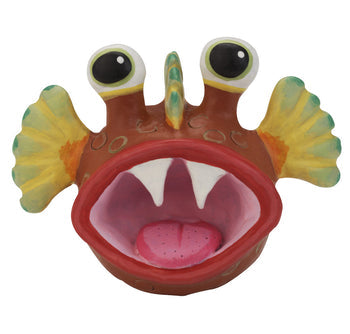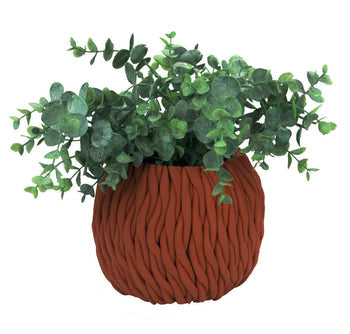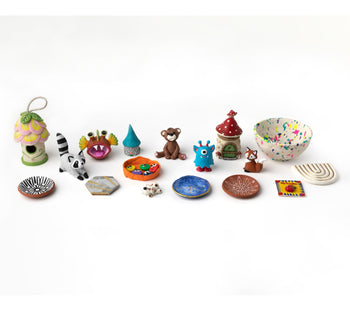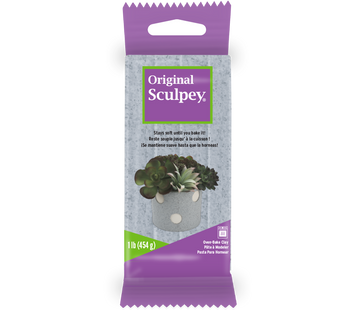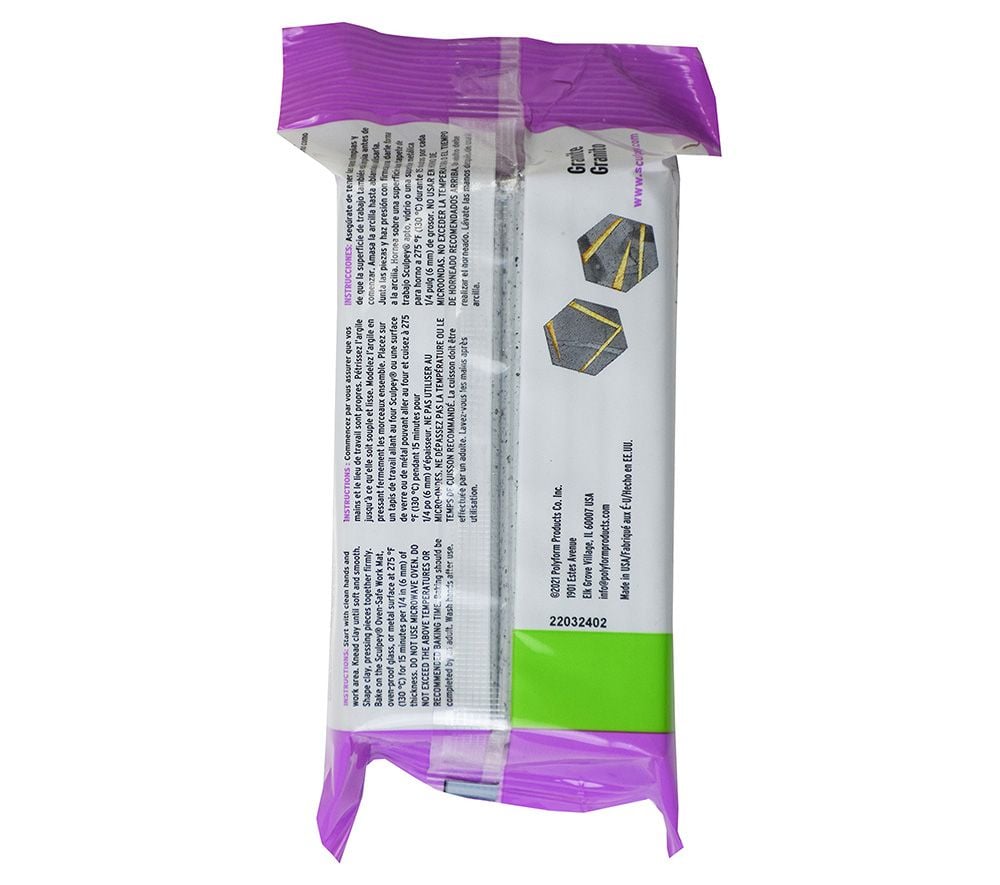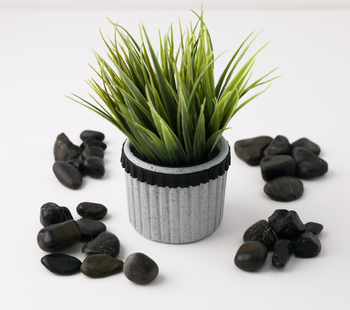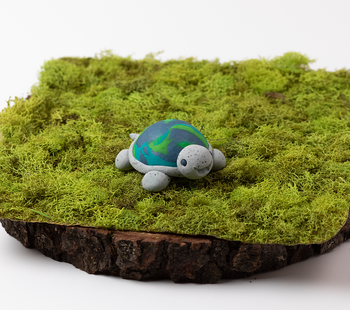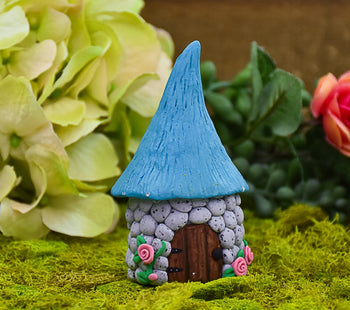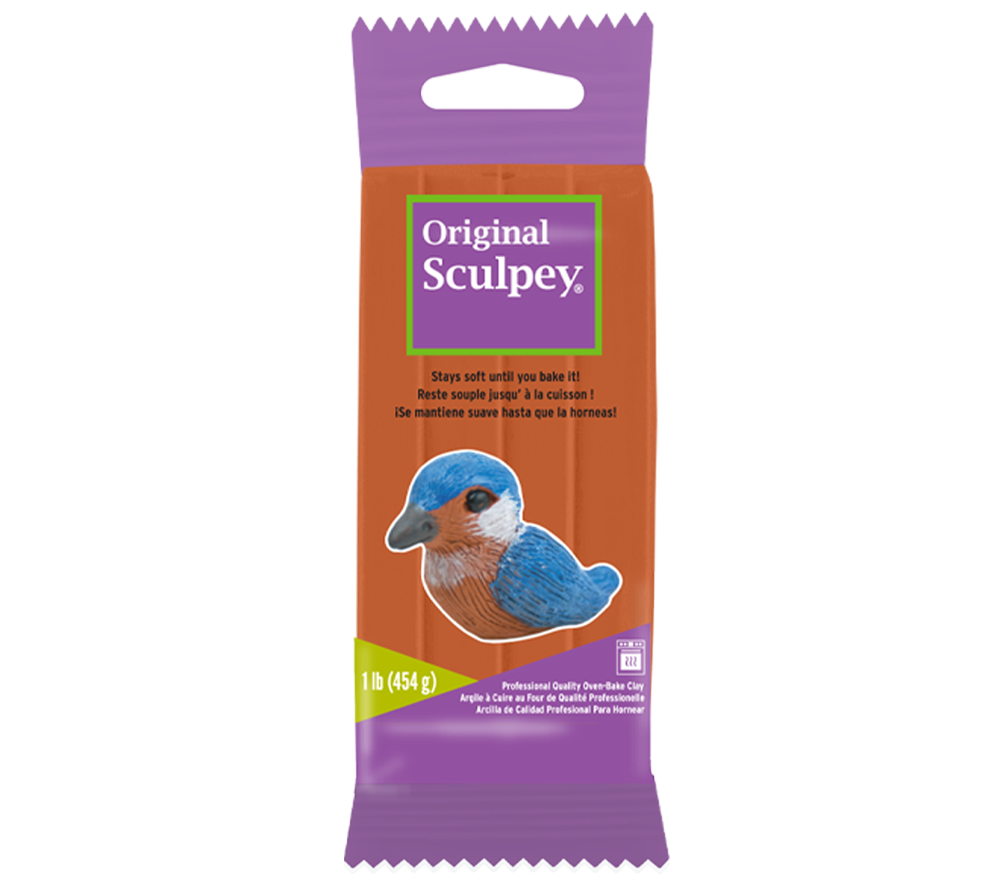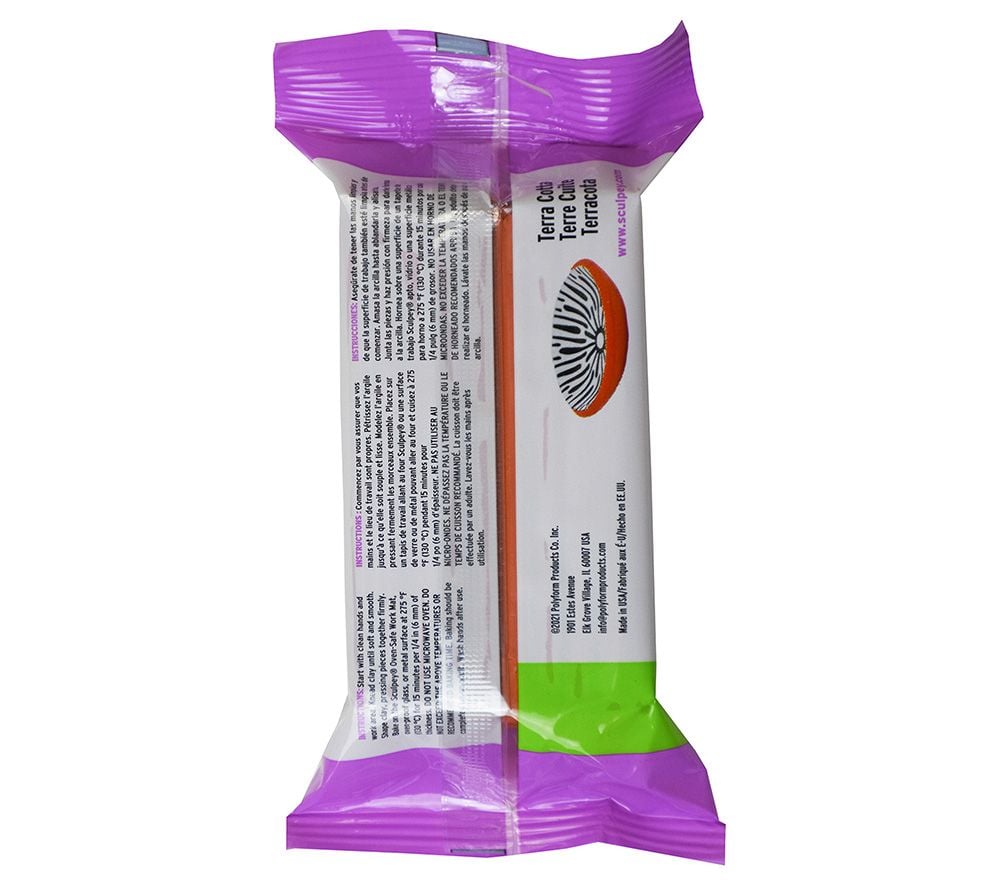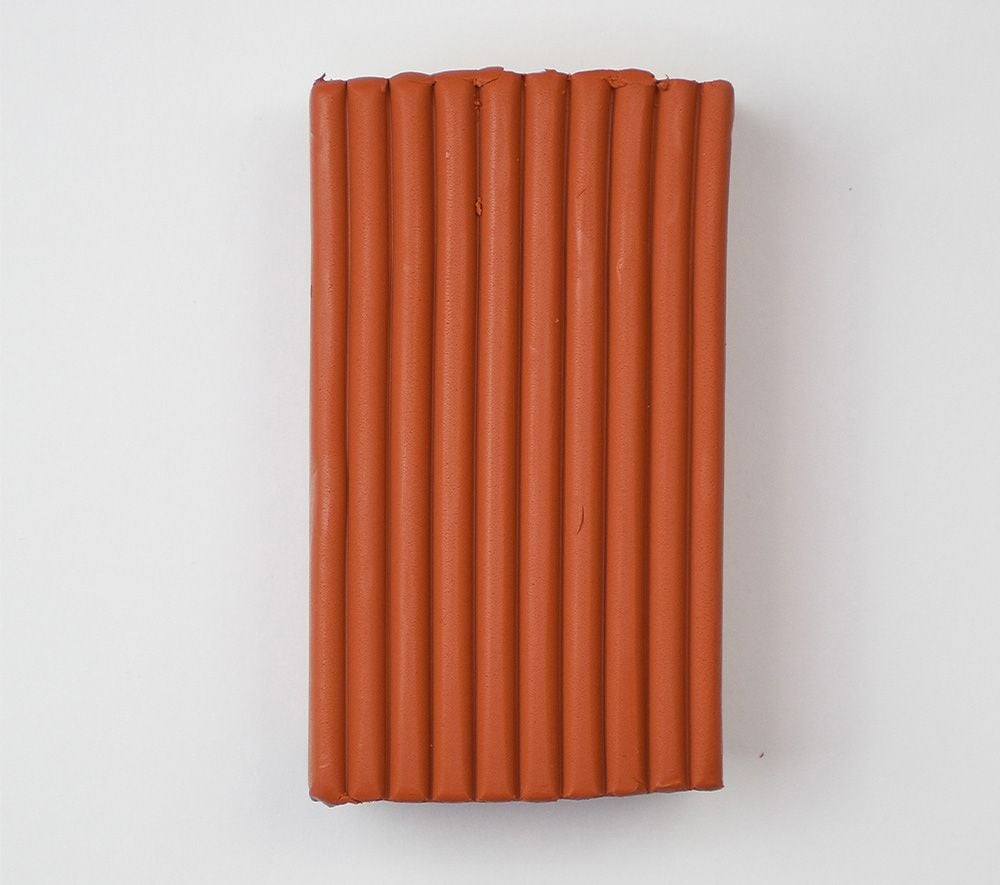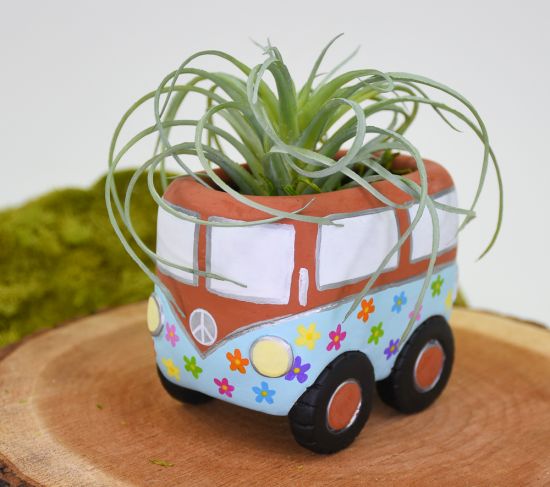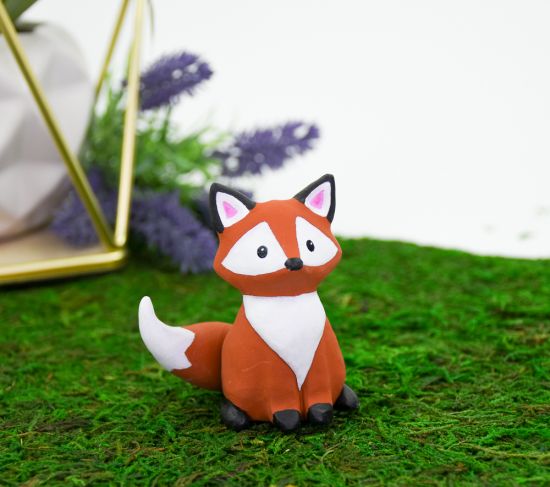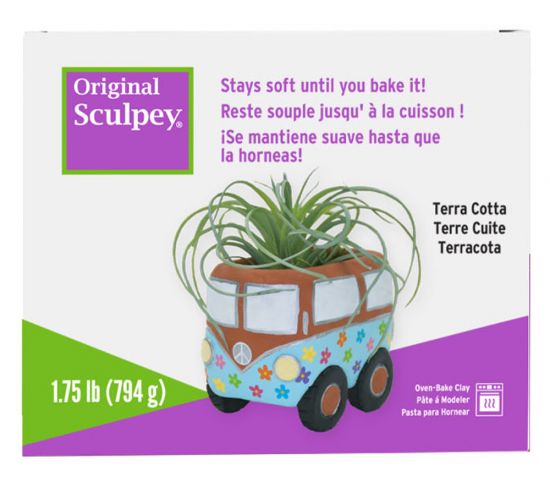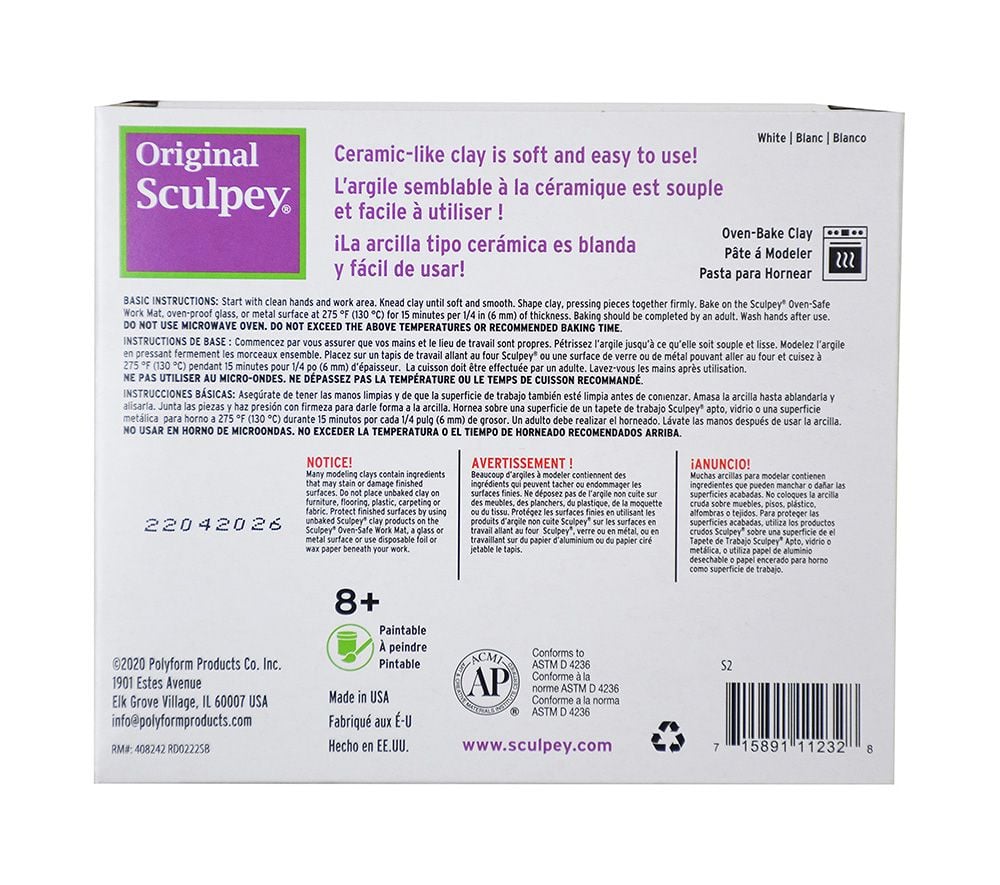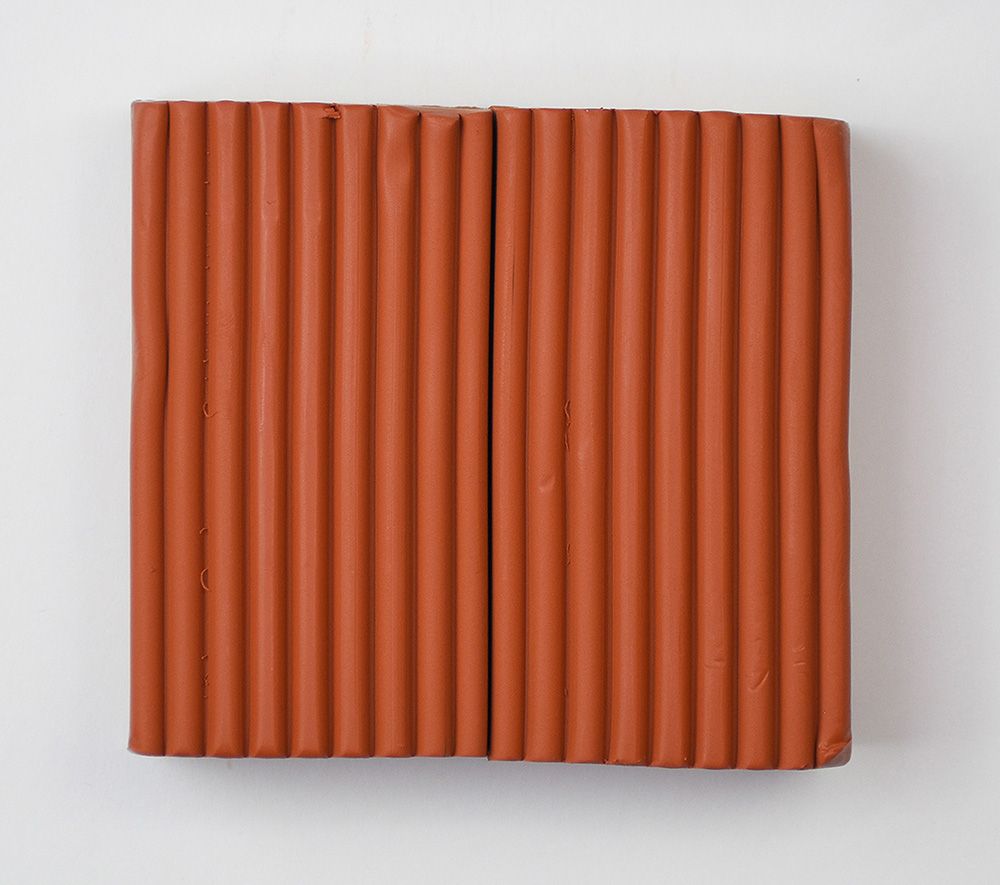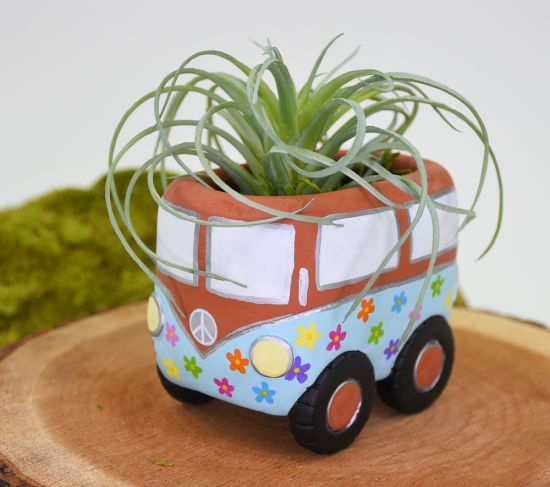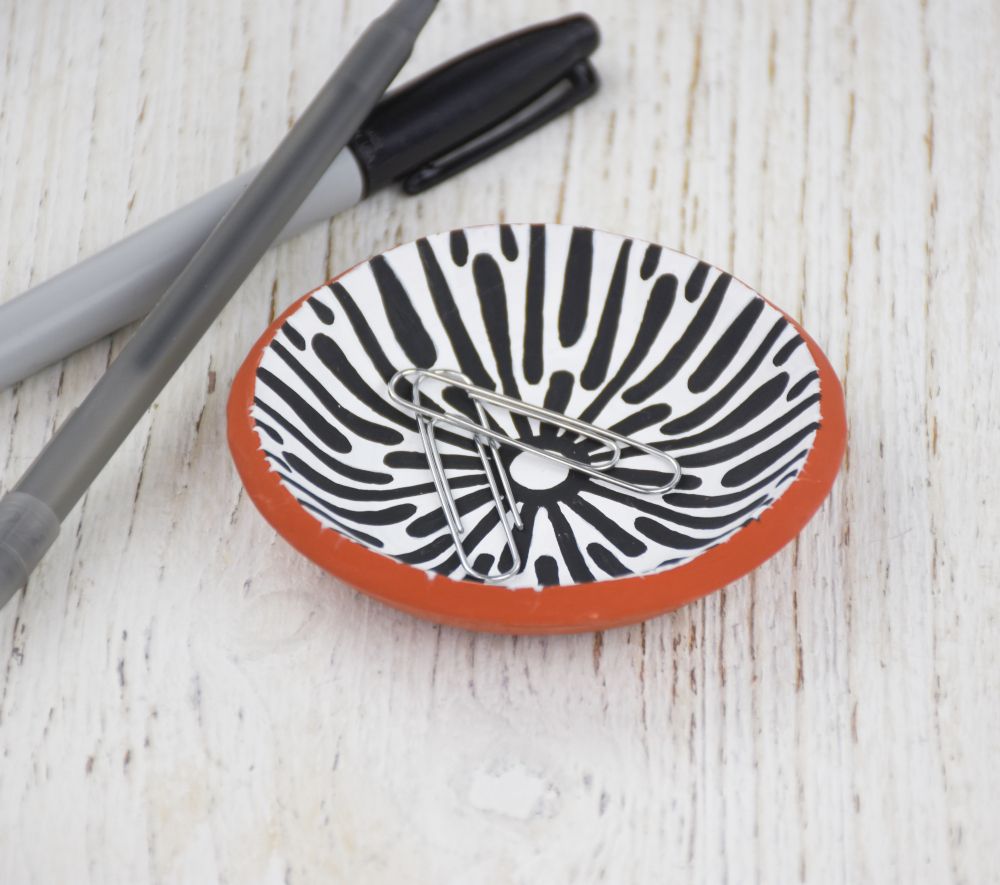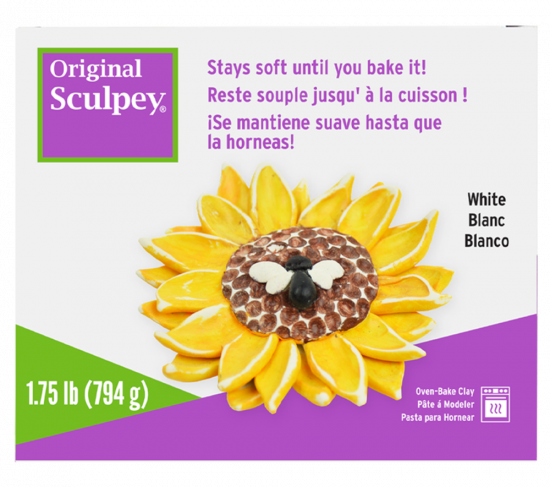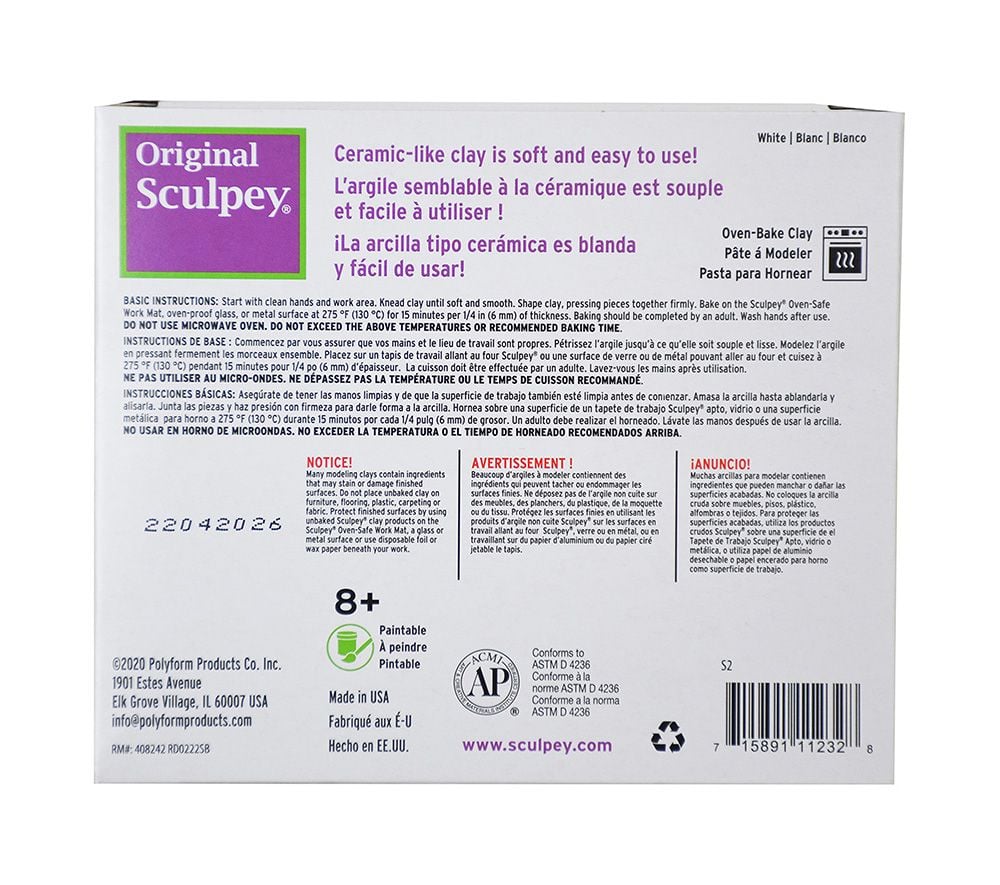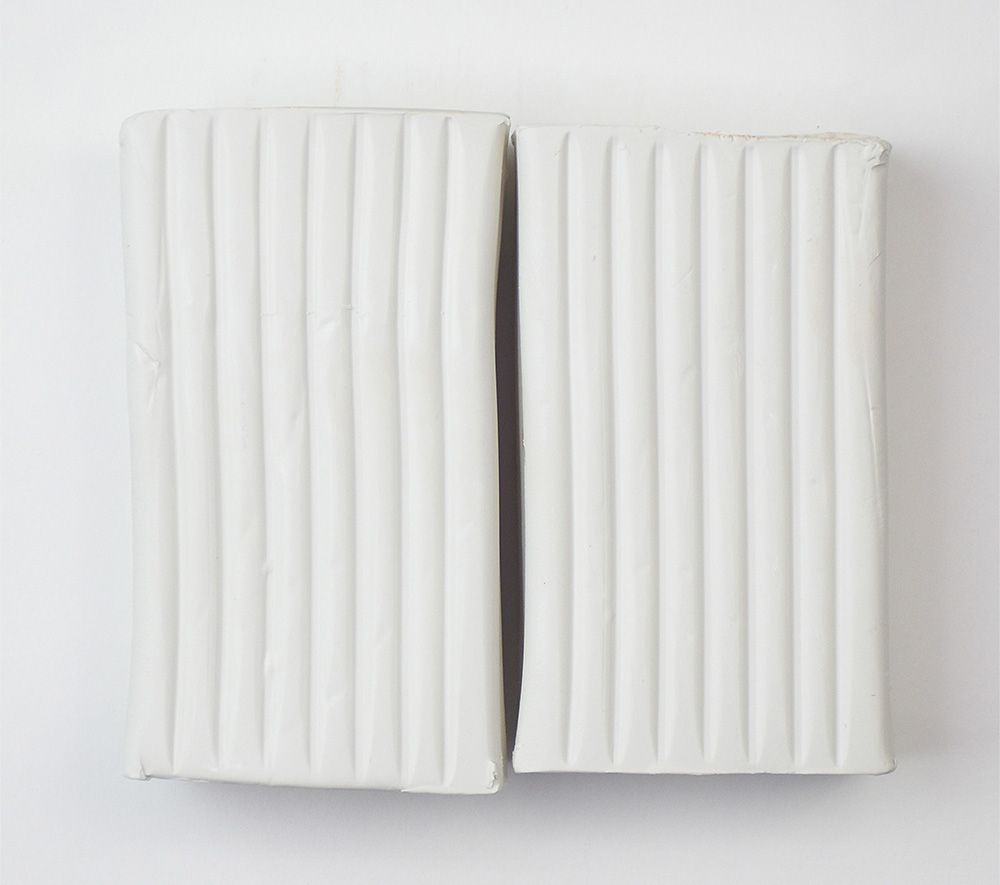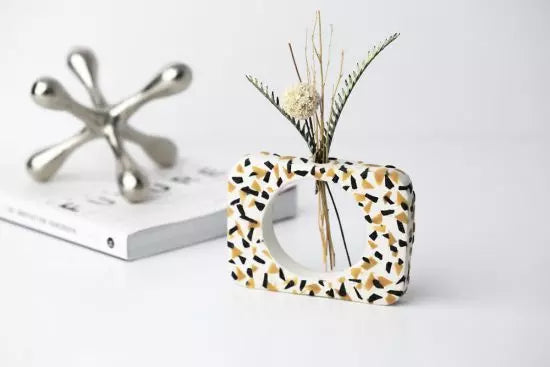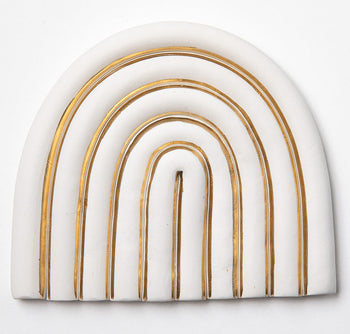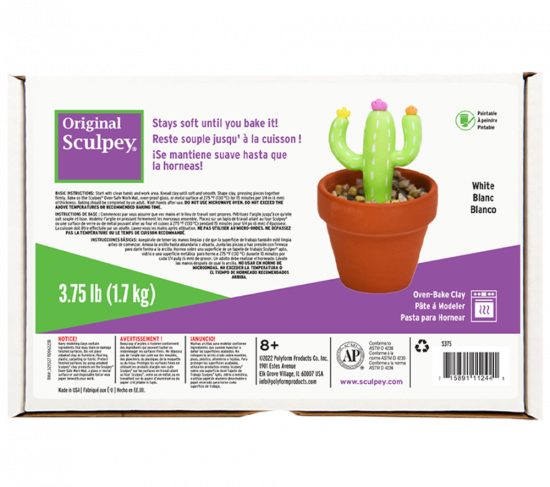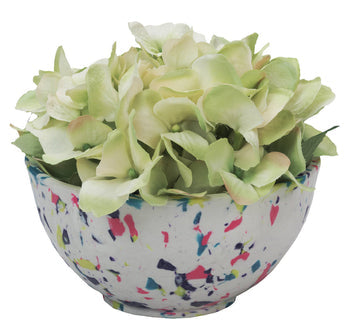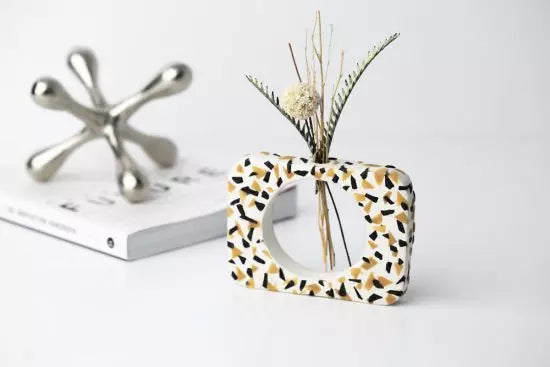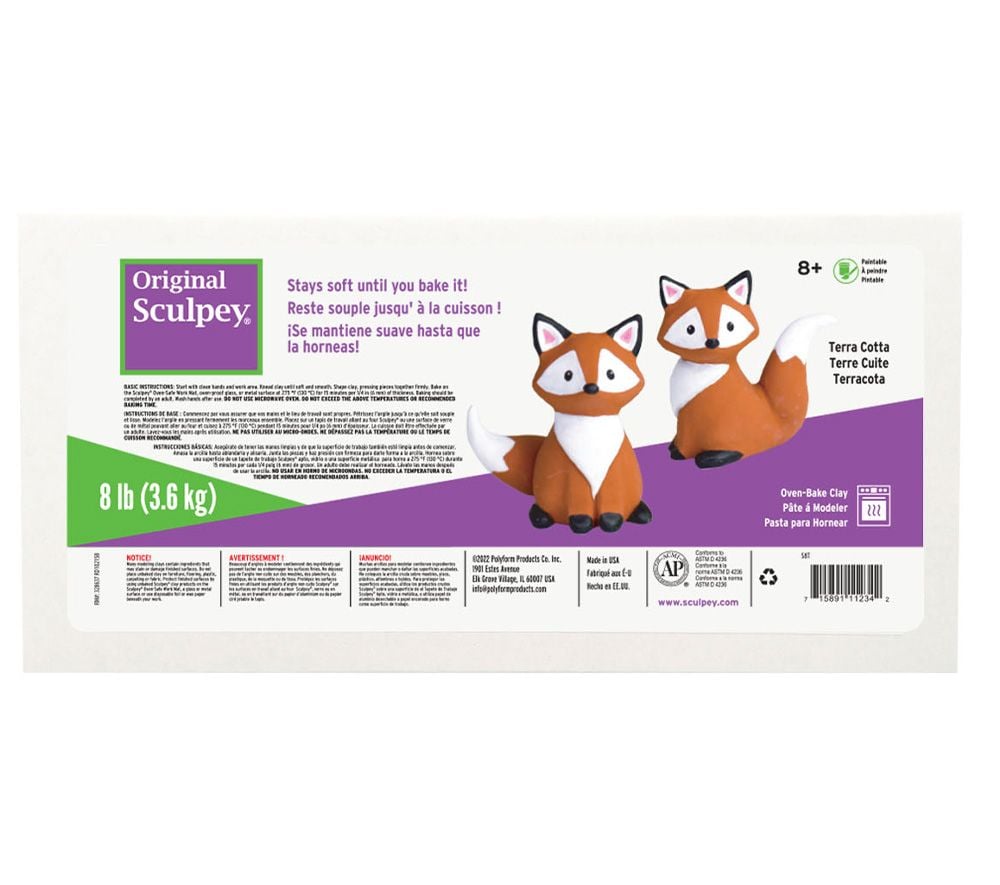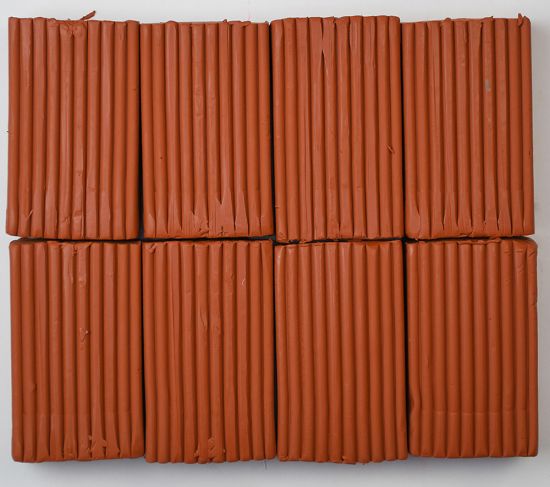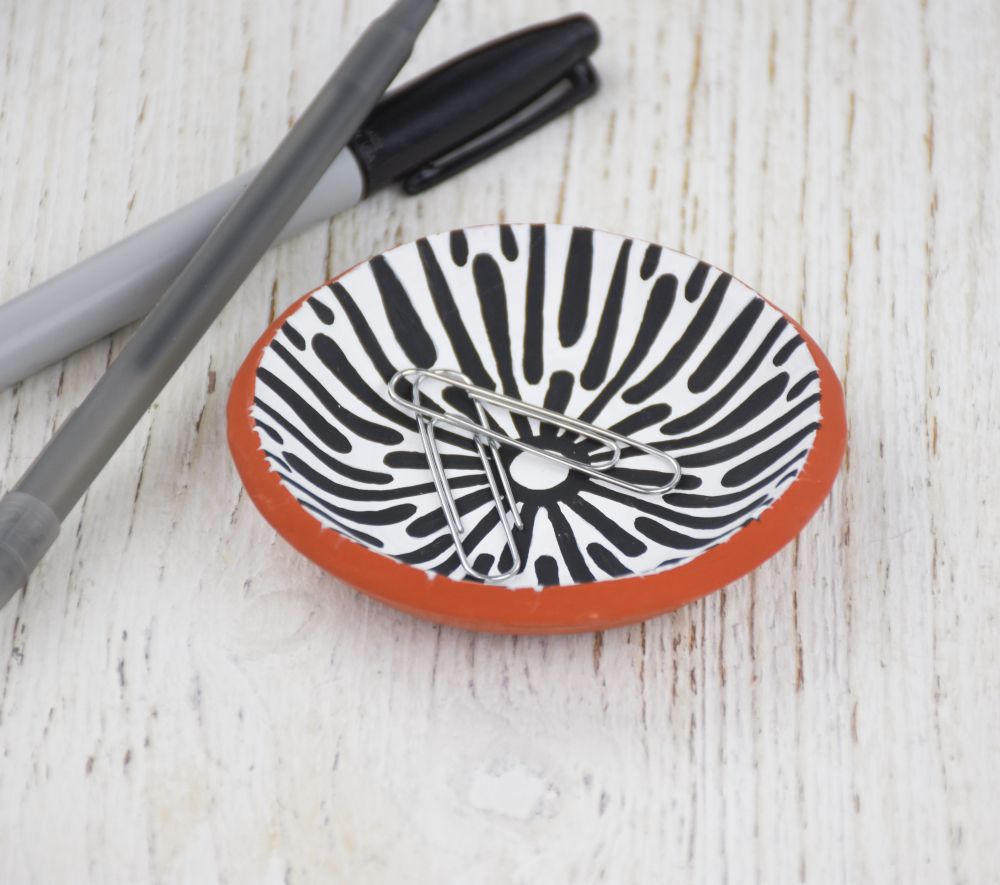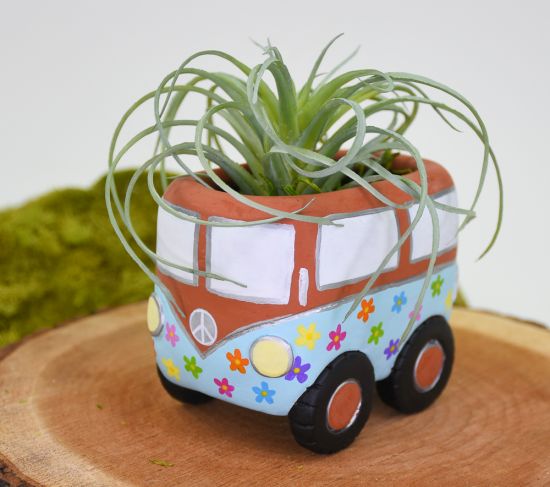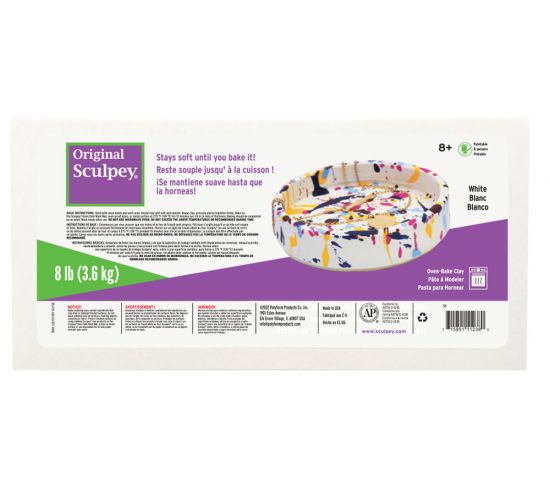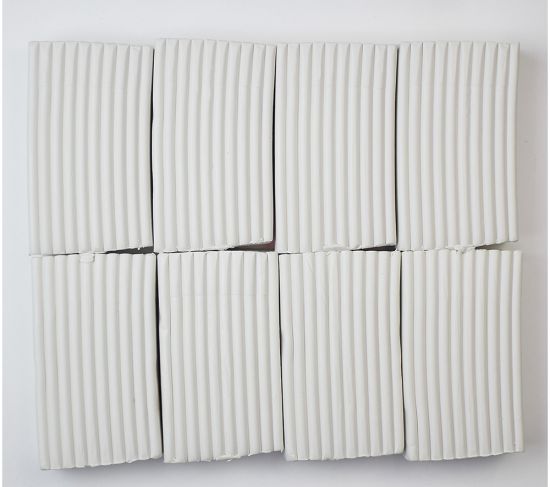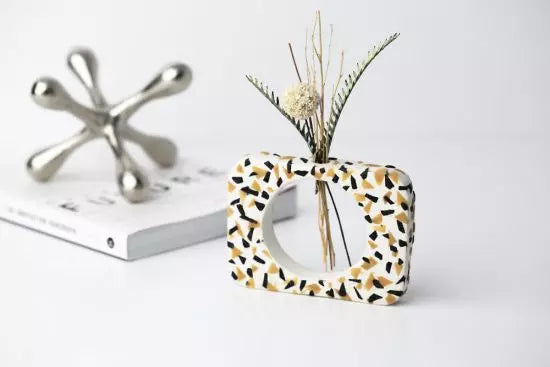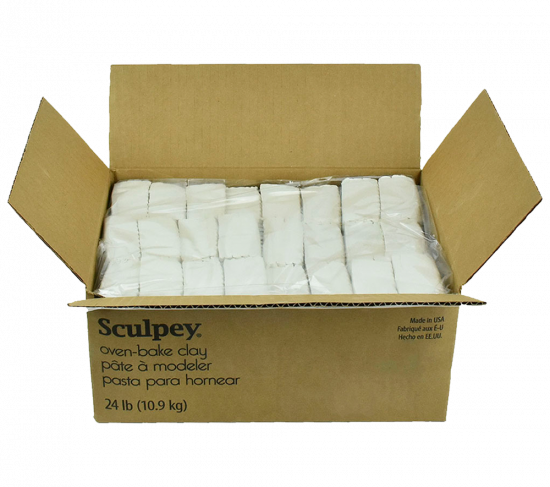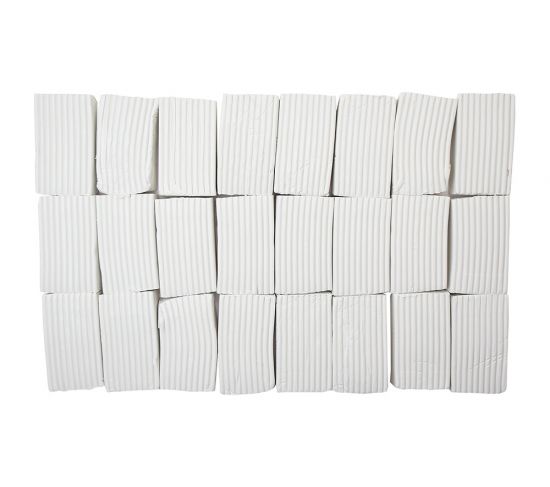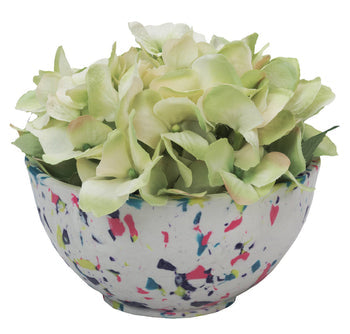Original Sculpey®
Original Sculpey®
Qty Sold : 6
Available Qty : 16As America’s first oven bake clay, Original Sculpey® has been in the hands of kids, parents and teachers for generations. It is soft and easy to sculpt with making it great for kids and beginners!
- Stays soft until baked – Does not air dry. Remains soft and flexible until it is baked in your home oven.
- In the classroom –offers an inexpensive way to let children explore their creativity.
- After baking, it can be sanded, drilled, carved and painted with water-based acrylic paints.
- Extra clay can be stored and reused - won't dry out!
- Safe and non-toxic!
Couldn't load pickup availability


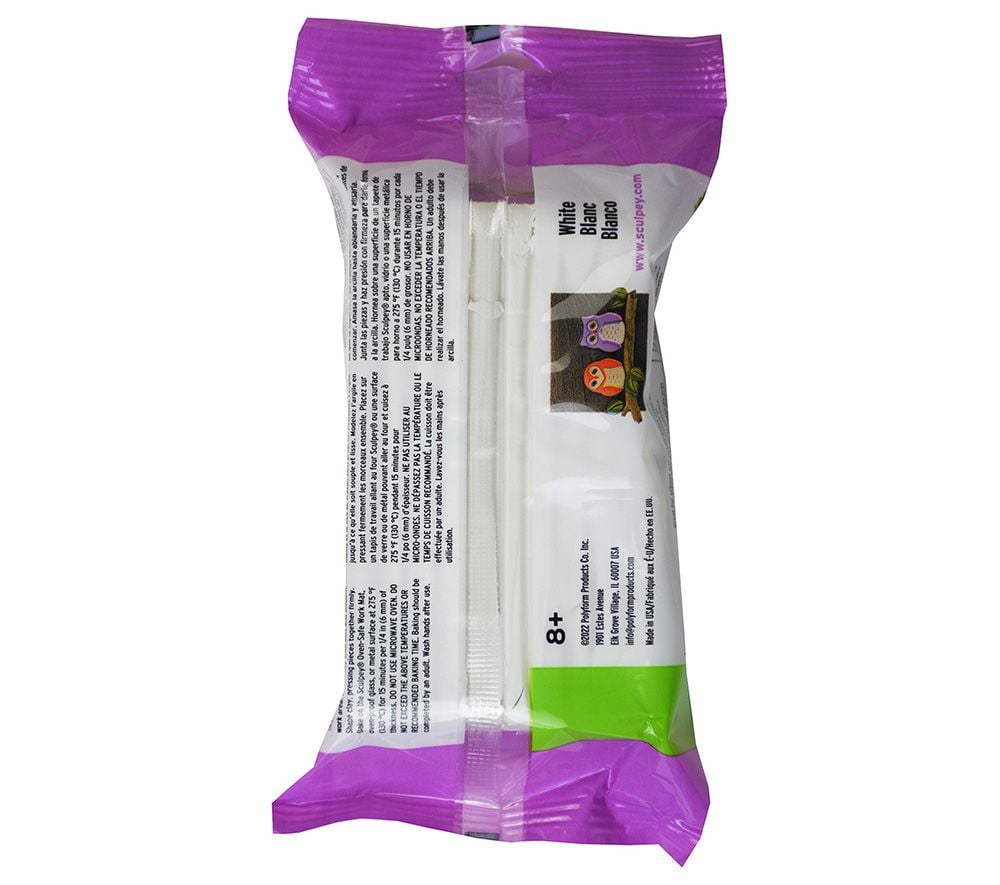
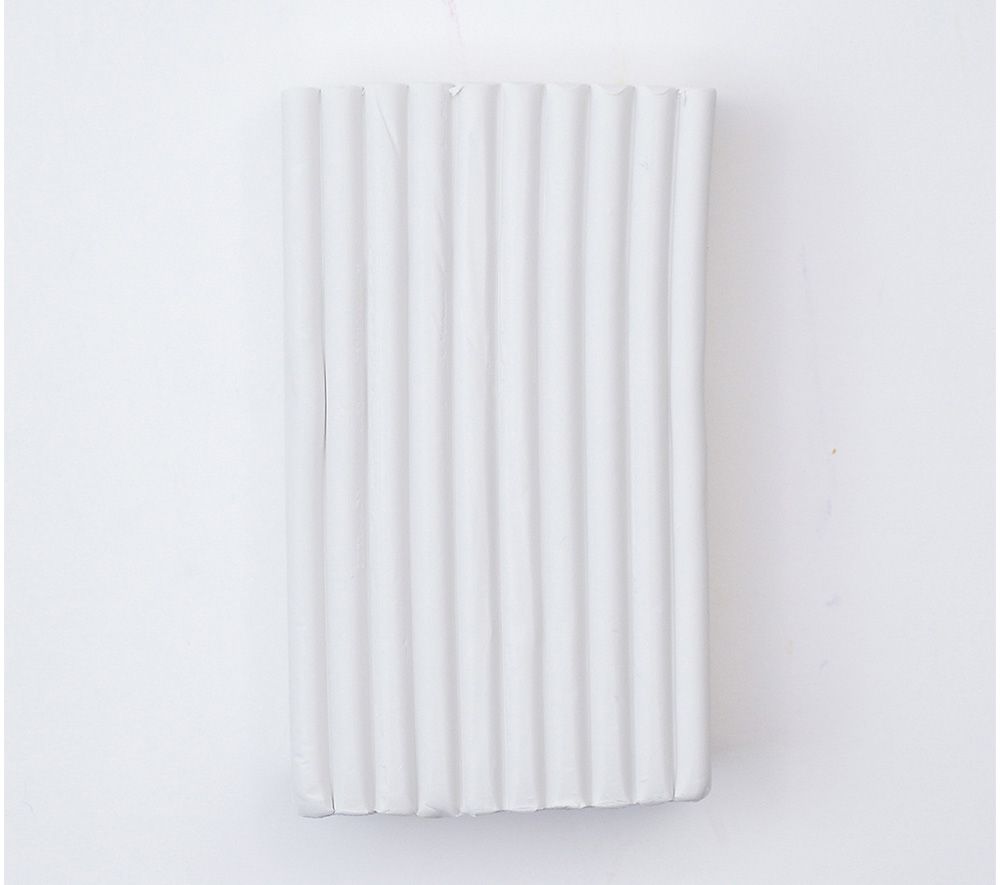



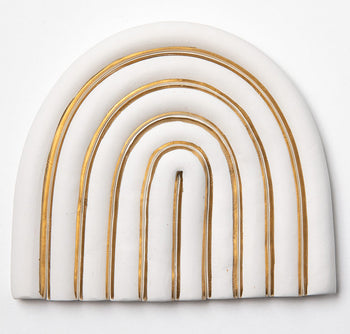

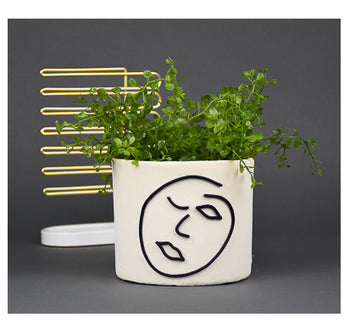

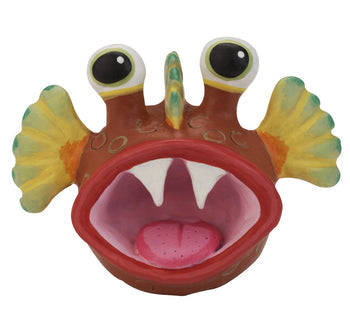
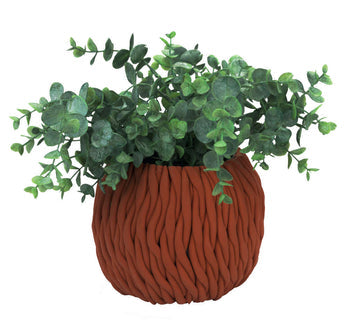

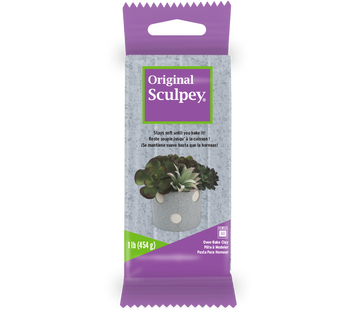
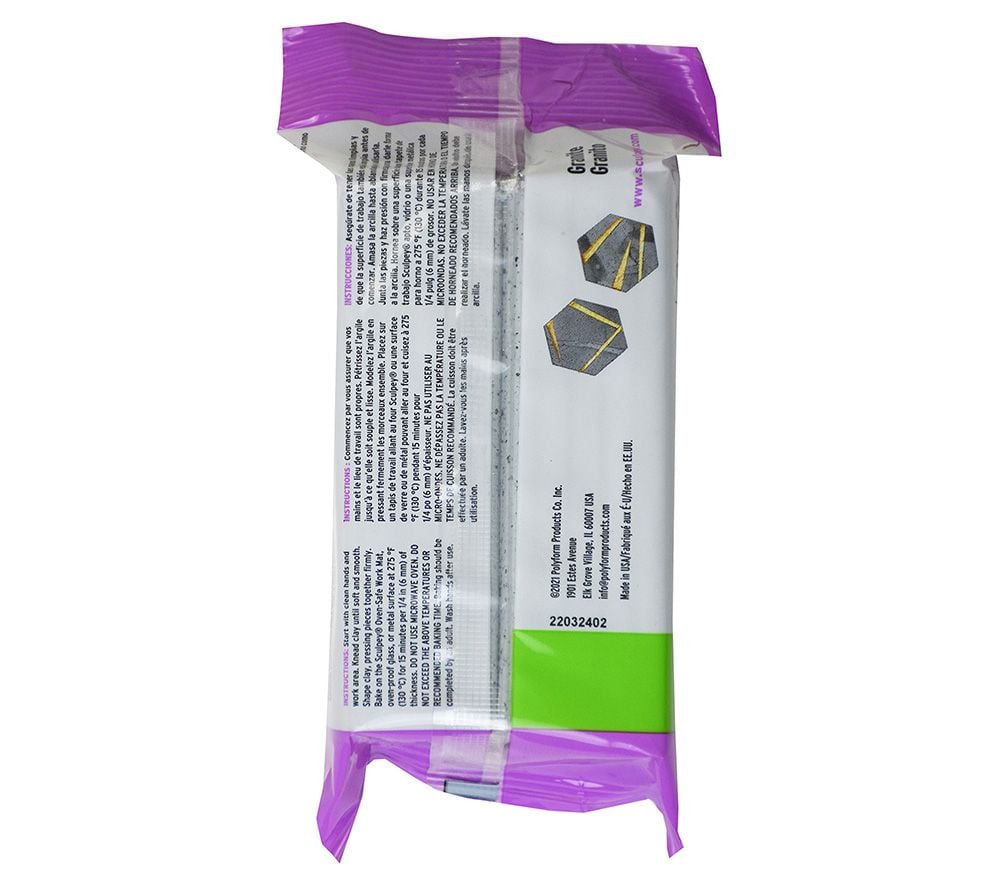

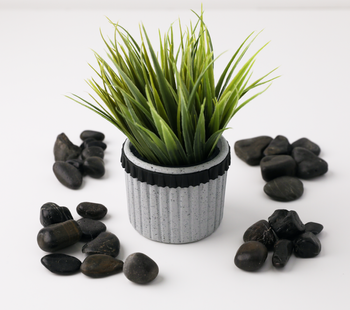
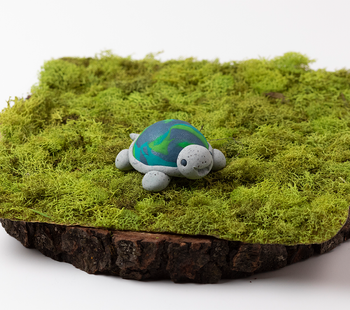


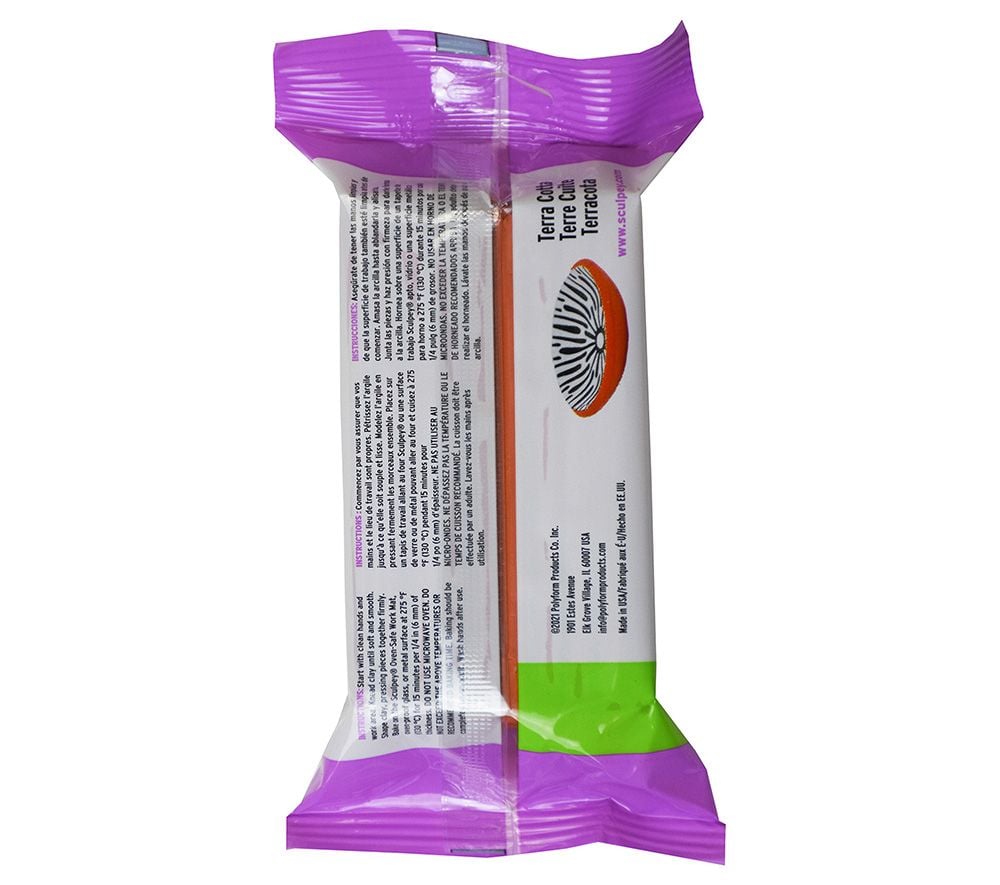
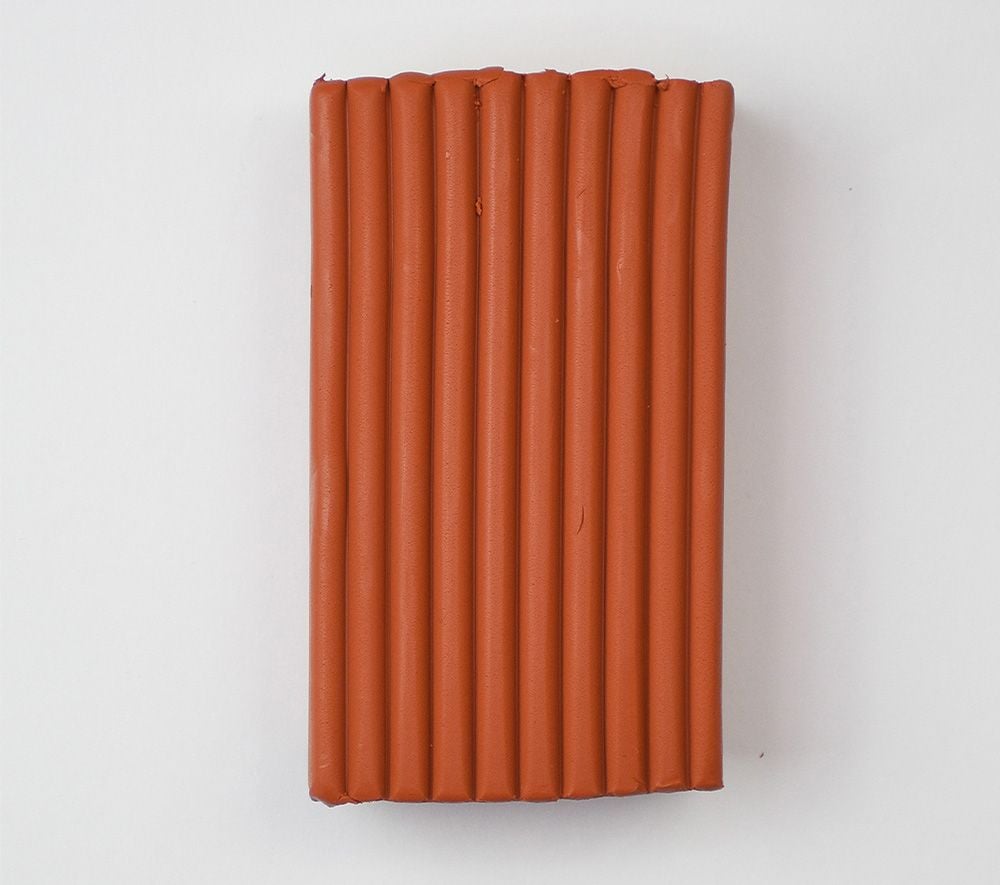



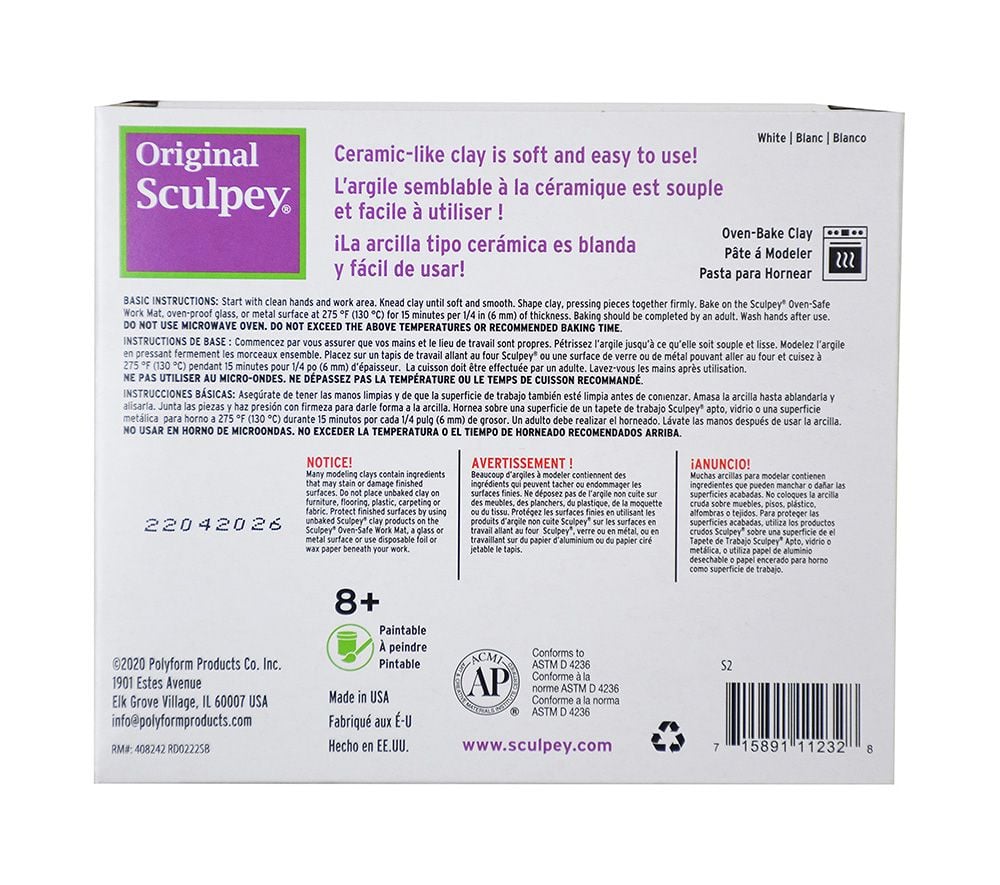
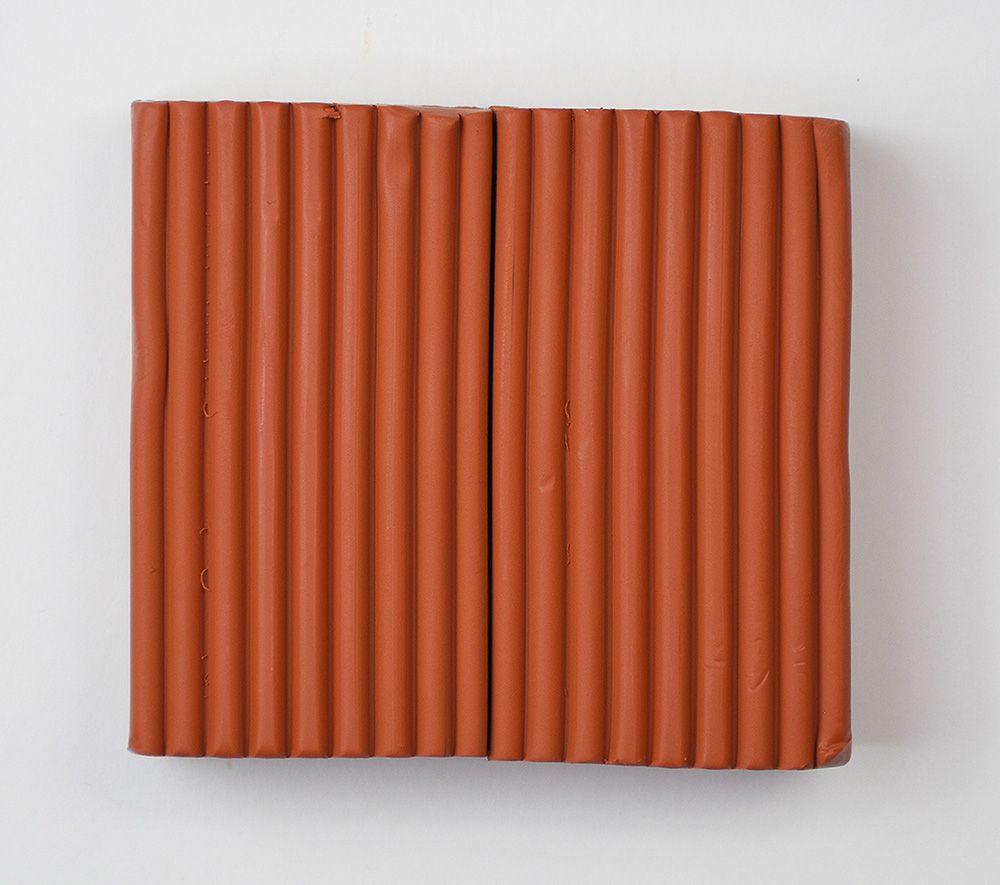



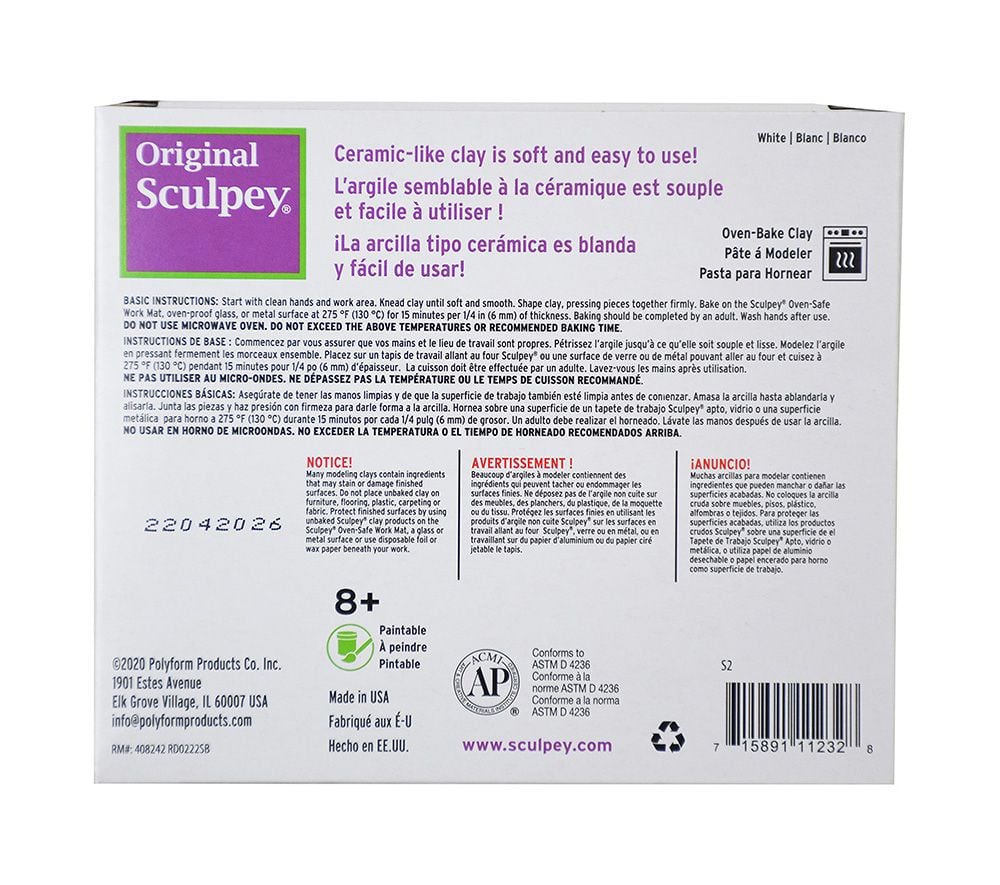
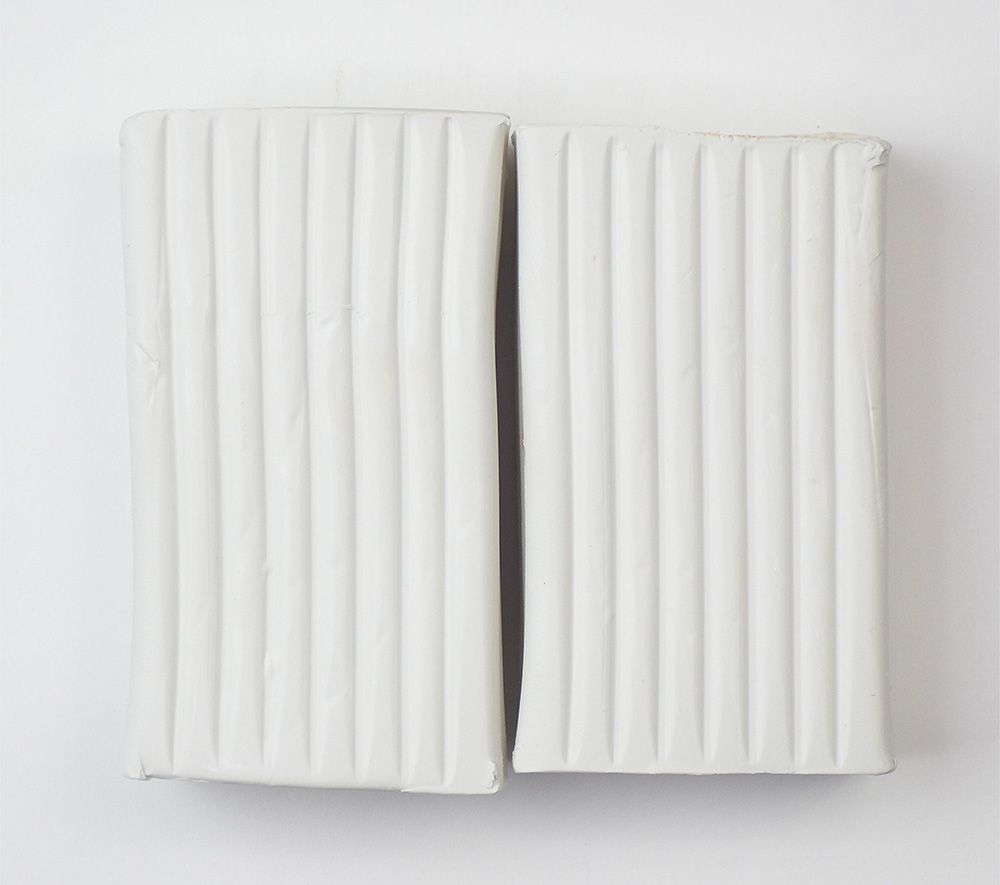

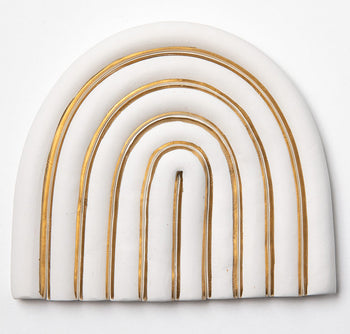







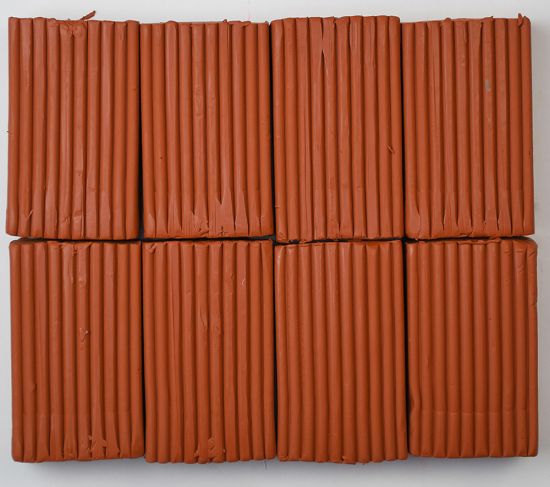



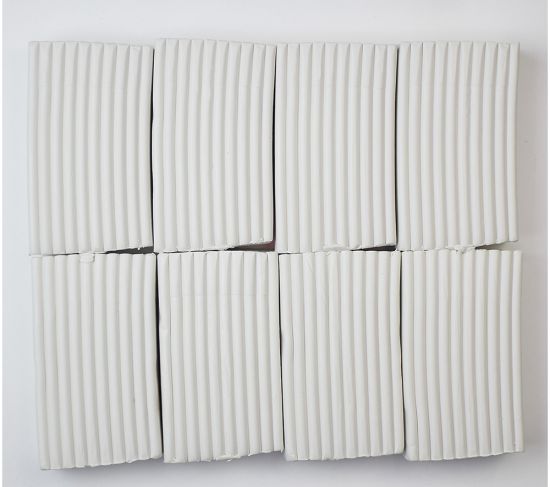



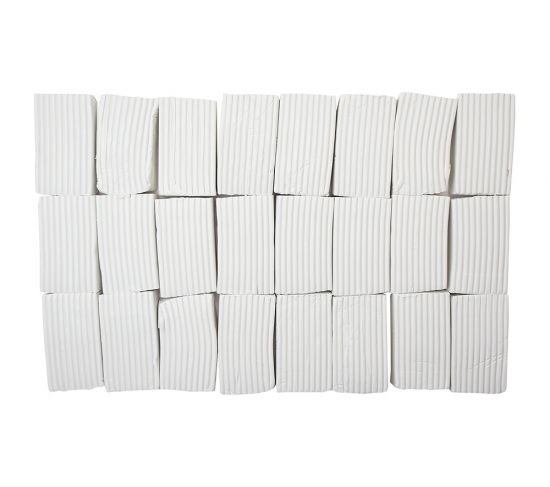


shipping
SCULPEY SHIPPING INFORMATION AND POLICIES
ORDER CHANGES / MODIFICATIONS / CANCELLATIONS
Polyform Products begins to process your order immediately after you click the SUBMIT ORDER button. Because of our system processes, we are unable to change or cancel an order once it is submitted.
ORDER PROCESSING:
Normal order processing can take 1-3 business days (Monday – Thursday).
SHIPPING DELIVERY:
For standard ground delivery, you can expect delivery within 6-10 business days from your order date (business days are Monday-Friday, excluding Holidays). Standard Shipping combines the capabilities of Fed Ex, UPS and USPS, delivering packages to you more efficiently. Fed Ex will deliver your package to your local post office, where your postal carrier will make the final delivery to your door or mailbox. You’ll receive an email with tracking information when your order is shipped.
FREE SHIPPING:
All orders over $49.99 (before taxes and after discounts) qualify for Free Standard Shipping in the contiguous United States - excludes Alaska/Hawaii/Puerto Rico/Canada
STANDARD RATES
STANDARD
6-10 business days
ALASKA/HAWAII/PUERTO RICO
15-18 business days
Currently, we do not ship to U.S. Territories, or other international addresses (except for Canada).
SHIPPING PROMOTIONS
Orders qualifying for FREE shipping promotions are shipped via our Standard Ground Shipping service only. FREE or discounted shipping is available in the Contiguous U.S. only, and excludes Alaska, Hawaii and Puerto Rico.
PRODUCT AVAILABILITY:
Orders are accepted with the understanding that stock is available at the time the order is placed. In some instances, limited availability may prevent us from shipping the quantity you requested. In the event that this occurs, you will receive an email if the status changes on any of the product within your order.
MULTIPLE BOXES
We may ship your order to you in multiple boxes depending on the order size and item size.
APO/FPO Address:
For shipping to APO/FPO addresses, shipping rates are based on the value of the order and are automatically applied at checkout. Please see rate table below for shipping charges:
| Order Total | Shipping Charge |
|---|---|
| $0-$75 | $19.90 |
| $75.01-$150 | $39.80 |
| $150.01-$225 | $59.70 |
| $225.01 - $300 | $79.60 |
| $300.01 - $375.00 | $99.50 |
| $375.01 - $450.00 | $119.40 |
| $450.01 - $525.00 | $139.30 |
| $525.01 - $600.00 | $159.20 |
| $600.01 - $675.00 | $179.10 |
| $675.01 - $750.00 | $199.00 |
| $750.01 - $825.00 | $218.90 |
| $825.01 - $900.00 | $238.80 |
| $900.01 - $975.00 | $258.70 |
| $975.01 - $1,050.00 | $278.60 |
| $1,050.01 - $1,125.00 | $298.50 |
| $1,125.01 - $1,200.00 | $318.40 |
| $1,200.01 - $1,275.00 | $338.30 |
| $1,275.01 - $1,350.00 | $358.20 |
| $1,350.01 - $1,425.00 | $378.10 |
| $1,425.01 - $1,500.00 | $398.00 |
| $1,500.01 - $1,575.00 | $417.90 |
| $1,575.01 - $1,650.00 | $437.80 |
| $1,650.01 - $1,725.00 | $457.70 |
| $1,725.01 - $1,800.00 | $477.60 |
| $1,800.01 - $1,875.00 | $497.56 |
| $1,875.01 - $1,950.00 | $517.40 |
| $1,950.01 - $2,025.00 | $537.30 |
| $2,025.01 - $2,100.00 | $557.20 |
| $2,100.01 - $2,175.00 | $577.10 |
| $2,175.01 - $2,250.00 | $597.00 |
| $2,250.01 - $2,325.00 | $616.90 |
| $2,325.01 - $2,400.00 | $636.80 |
| $2,400.01 - $2,475.00 | $656.70 |
| $2,475.01 - $2,550.00 | $676.60 |
| $2,550.01 - $2,625.00 | $696.50 |
| $2,625.01 - $2,700.00 | $716.40 |
| $2,700.01 - $2,775.00 | $736.30 |
| $2,775.01 - $2,850.00 | $756.20 |
| $2,850.01 - $2,925.00 | $776.10 |
| $2,925.01 - $3,000.00 | $796.00 |
To place an order larger than $3000 to a military base, please email info@polyformproducts.com.
What is Original Sculpey® and is Original Sculpey® Polymer clay?
Original Sculpey® is America’s first oven bake clay. It is a versatile polymer clay that is great for both kids and beginners. Original Sculpey® is soft and easy to sculpt making it a great clay for a variety of polymer clay projects. Learn more about how you can use Original Sculpey® for your next project!
How to Bake Original Sculpey®
Before curing your Original Sculpey® oven-bake clay project, set yourself up for success with these professional claying tips:
- Cover and protect your workspace: Unbaked clay may damage furniture and finished surfaces, so make sure your work area is covered. We recommend working on the Sculpey Tools™ Oven-Safe Work Mat, ceramic tile, wax paper, metal baking sheet, or aluminum foil.
- Condition the clay for durability: Skipping the conditioning process can result in a weakened finished product and increase the risk of cracks, imperfections or breaking over time. Before diving into clay shaping, first condition the clay with our Sculpey Tools™ Clay Conditioning Machine.
- Establish a consistent clay thickness: Cracking can occur during baking if the project has areas of clay that are too thick. We recommend “bulking out” denser projects with an aluminum foil core and adding a supportive wire armature inside like a skeletal structure, especially for figures with limbs.
- Test your oven temperature: Many ovens are not calibrated accurately and are hotter than the dial's temperature setting. Use an oven thermometer to determine the correct temperature and adjust as needed. Condition and shape a 1/4 inch, or 6mm, disc of Original Sculpey® clay, then bake the test piece according to package instructions. If the clay has darkened areas after baking, your oven is too hot. Lower the oven temperature by 10 degrees and test again.
Now comes the fun part — it's time to bake the clay!
- Preheat the oven: Confirm temperature accuracy with an oven thermometer and preheat the oven or toaster oven to 275 °F (130 °C).
- Place the clay on an oven-safe surface: Transfer the project onto an oven-safe baking surface. For best results, use a piece of glass, ceramic tile or metal baking sheet with our highly recommended silicone Sculpey® Oven-Safe Work Mat. Because paper cannot catch fire at this temperature, you can safely place card stock or parchment paper between your project and the baking surface.
- Bake the clay: Slide your project on its oven-safe baking surface into the center rack of the preheated oven. Bake at 275 °F (130 °C) for 15 minutes per 1/4 inch, or 6 mm, thickness. For example, a 1/2-inch thick piece of clay should bake for 30 minutes.
- Test the results: Let the clay cool, then press the tip of your fingernail into the bottom of the project. The fingernail may leave a slight mark on a fully cured piece, but it should not enter the clay.
Oven-Hardening Clay Baking Tips
Follow these baking tips for best results:
- Always preheat the oven before baking the project.
- Only use a conventional oven or toaster oven, never a microwave.
- Baking should be completed by adults in a well-ventilated area.
- Always bake at the recommended temperature and baking time.
- Raw clay should not touch any surfaces also used for food purposes.

